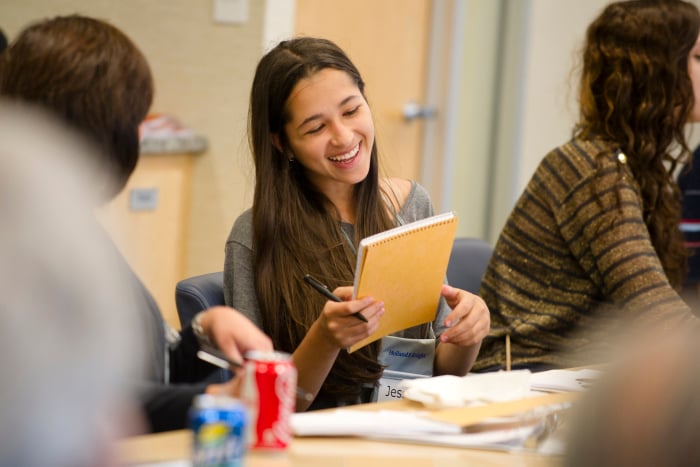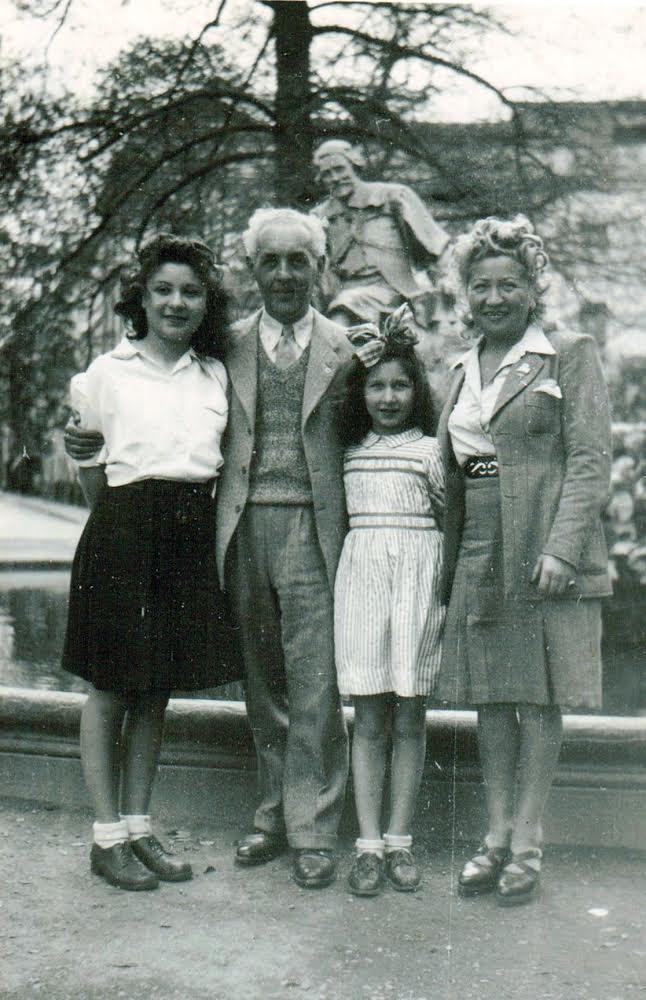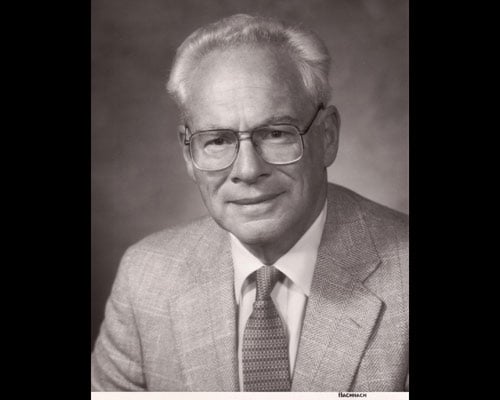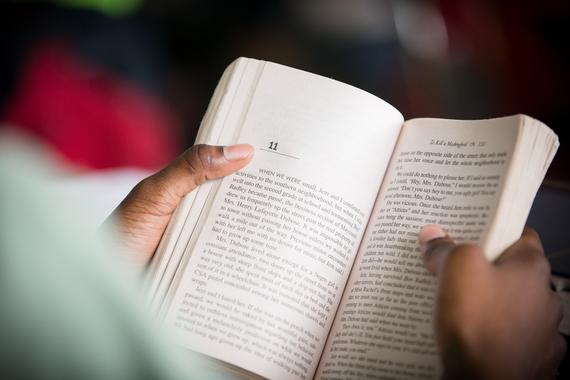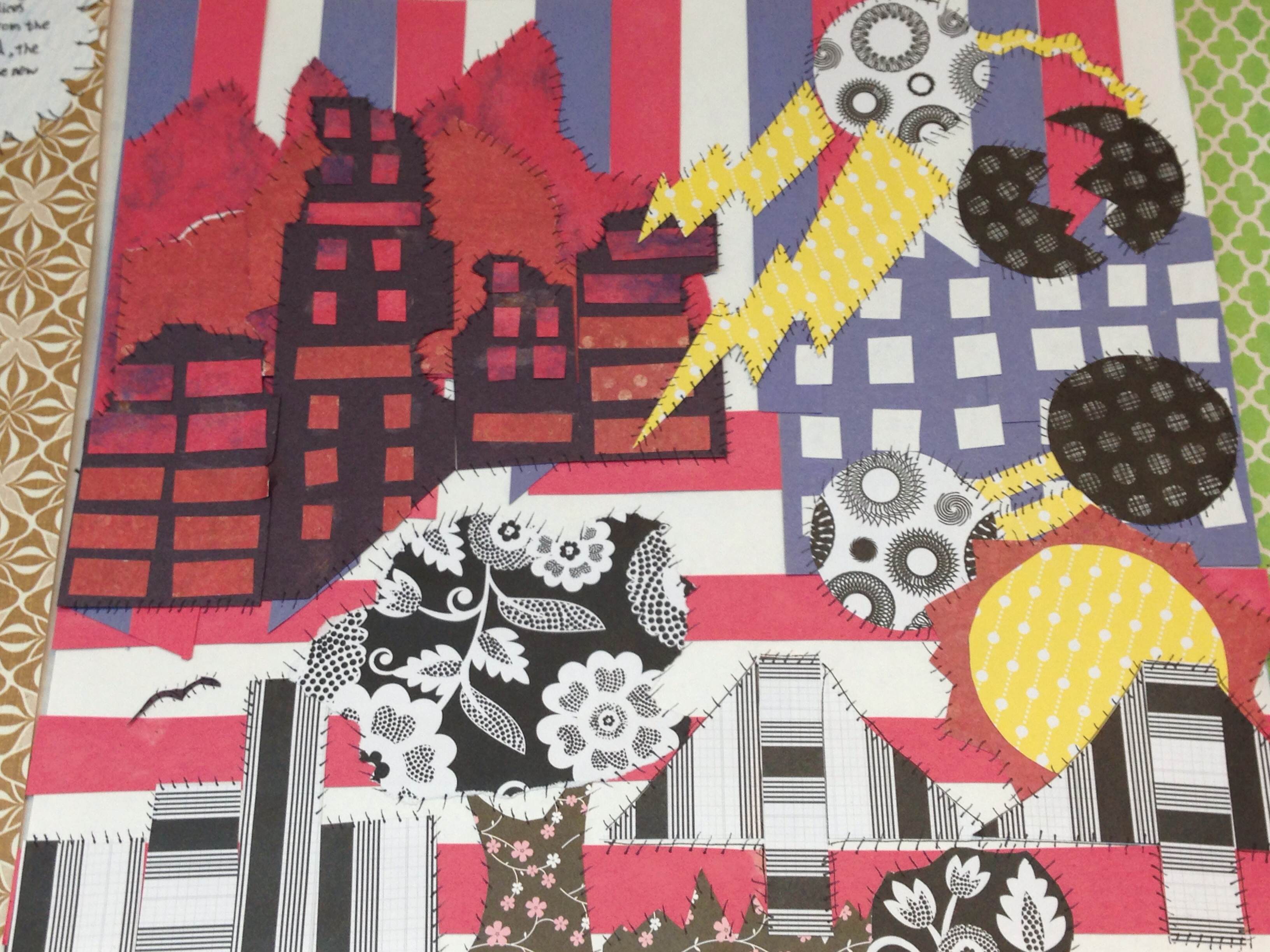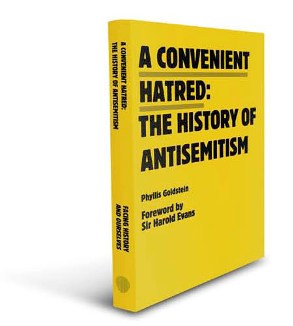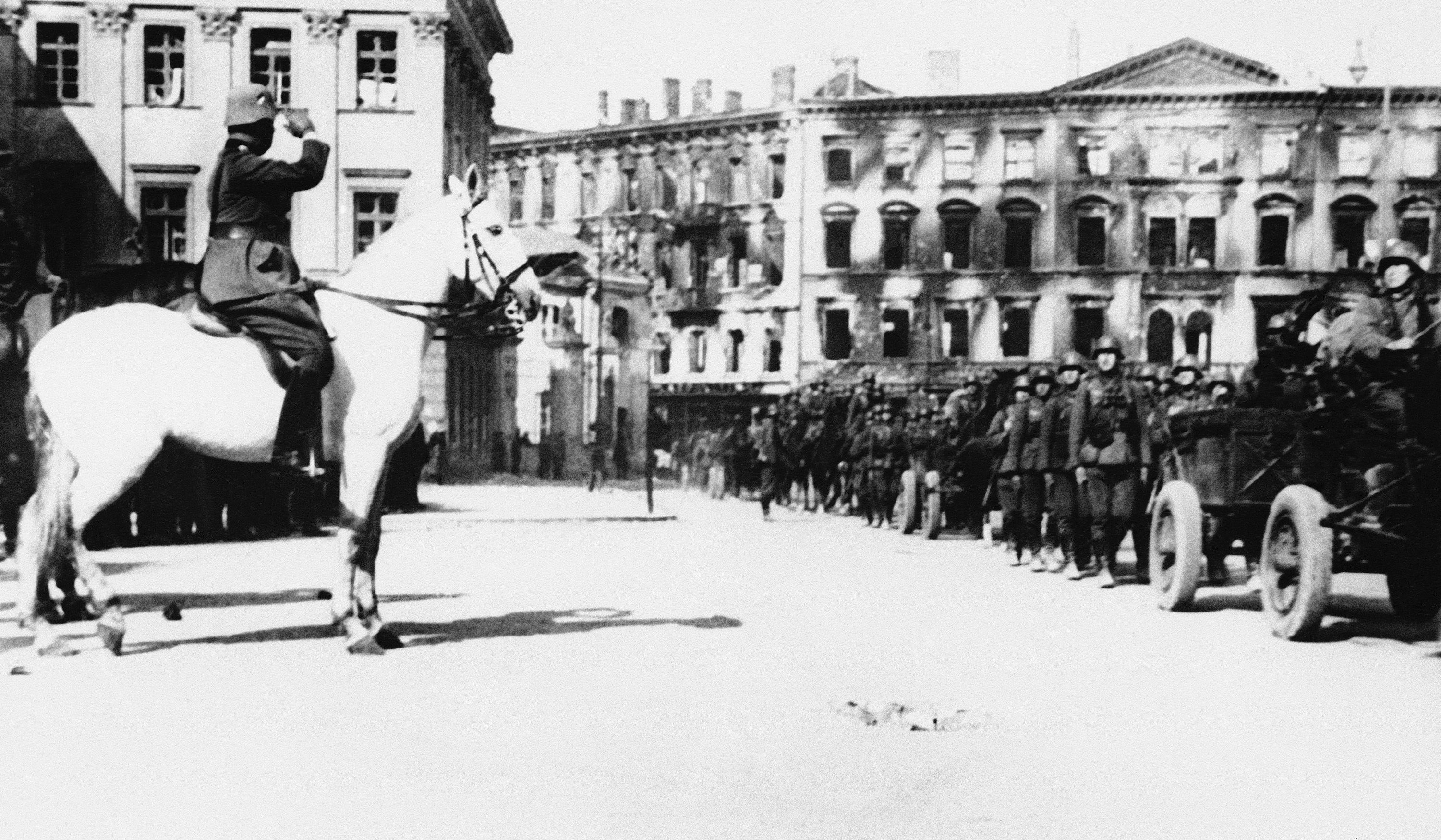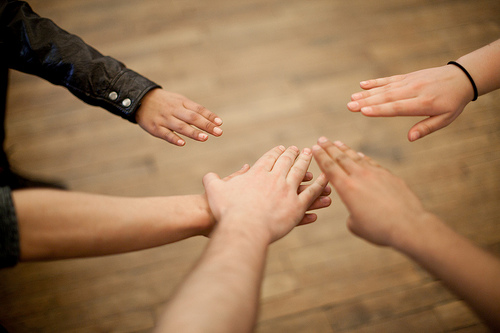Issues of civil rights and religious tolerance are as relevant today as they were during the American civil rights movement in the 1960s and ’70s, and in the years before, during, and after the Holocaust. How do we make these issues relevant to young people?
Online Courses on Teaching Civil Rights and Holocaust Enrolling Now
Posted by Julia Rappaport on January 19, 2015
Topics: To Kill a Mockingbird, Civil Rights Movement, Professional Development, Antisemitism, Human Behavior, Common Core, Holocaust, Facing History and Ourselves, History, Facing Technology
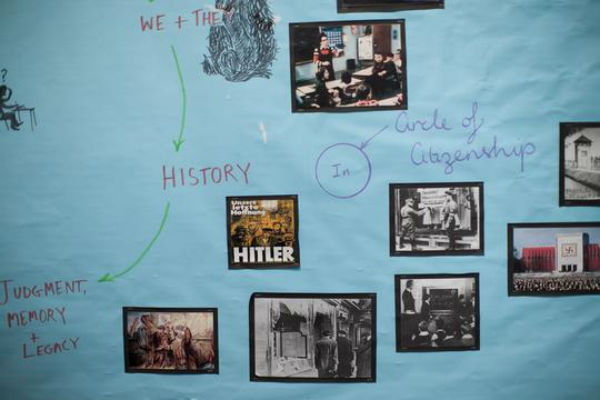
Just because an episode in history took place long ago does not mean that we stop asking questions about it, about whose stories are told as we remember, and about what our assumptions about history mean for our lives today.
Topics: Antisemitism, Human Behavior, Facing History Resources, Holocaust, Genocide/Collective Violence, Facing History and Ourselves, History
I remember sitting on my parents' bed one evening after dinner when I was seven years old, squeezing into a spot next to my older brother, Marc. In the coziness and safety of their room—walls clad in purple fabric and a white shag rug underfoot—my parents began to share their stories.
Topics: Choosing to Participate, New York, Identity, Facing History Together, Holocaust, Memoir, Facing History and Ourselves, Survivor Testimony
Facing History Community Mourns Loss of Holocaust Survivor and Friend Dr. Maurice “Ries” Vanderpol
Posted by Julia Rappaport on October 21, 2014
Facing History and Ourselves is saddened to note the passing of longtime friend, mentor, and Facing History supporter Dr. Maurice "Ries" Vanderpol. Ries, as his friends and family called him, died on October 19, 2014.
Topics: News, Facing History Together, Holocaust, Facing History and Ourselves, Survivor Testimony, Video
Stories matter. The stories we tell have the power to effect history. By sharing stories with students, we help them to see themselves as part of the human story, as individuals who can change the narrative by making positive choices and contributing to their communities and the world.
Topics: Civil Rights Movement, Books, English Language Arts, Choosing to Participate, Facing History Resources, Immigration, Identity, Holocaust, Memoir, History, Reading, Reading List
Using Art, Literature, and Poetry to Study Untold Stories from History
Posted by Karen Scher on September 30, 2014
Forty-one years ago this month, a violent military coup in Chile led by Army Commander-in-Chief Augusto Pinochet overthrew Salvador Allende's democratically-elected government.
Topics: Classrooms, Art, English Language Arts, Teaching Strategies, Democracy, Memory, Choosing to Participate, Human Rights, Facing History Resources, New York, Teaching, Identity, Holocaust, Genocide/Collective Violence, Teaching Resources, History
Banned Books Week: Celebrate the Freedom to Read with Graphic Novels
Posted by Julia Rappaport on September 24, 2014
September 21-27 is Banned Books Week in the United States, an annual event celebrating the freedom to read and to express our own views, and share the views of others.
Topics: Classrooms, Civil Rights Movement, Books, English Language Arts, Choosing to Participate, Immigration, Identity, Common Core, Holocaust
“Un Odio Conveniente – La Historia del Antisemitismo” Free Online Spanish Language Workshop
Posted by Julia Rappaport on August 31, 2014
Topics: Online Tools, Professional Development, Antisemitism, International, Human Behavior, Human Rights, Teaching, Holocaust, Teaching Resources, History, Facing Technology
New Facing History eBook Explores Holocaust in German-Occupied Soviet Territory
Posted by Adam Strom on August 4, 2014
Facing history is difficult. Facing ourselves may be more so.
Shot by Shot: The Holocaust in German-Occupied Soviet Territory, a new eBook from Facing History published this month, asks us to do both.
Topics: Antisemitism, Holocaust, Genocide/Collective Violence, History
In my senior year at Magnificat High School in Cleveland, I signed up to take a class on the Holocaust called “Dangers of Indifference.”
The class was unique in that three teachers taught it: a history teacher, an art teacher, and a religion teacher. Having these three perspectives helped me understand something I had not realized before – that hatred is not the largest problem we face, indifference is.
Topics: Cleveland, Student Voices, Choosing to Participate, Identity, Facing History Together, Holocaust, History

